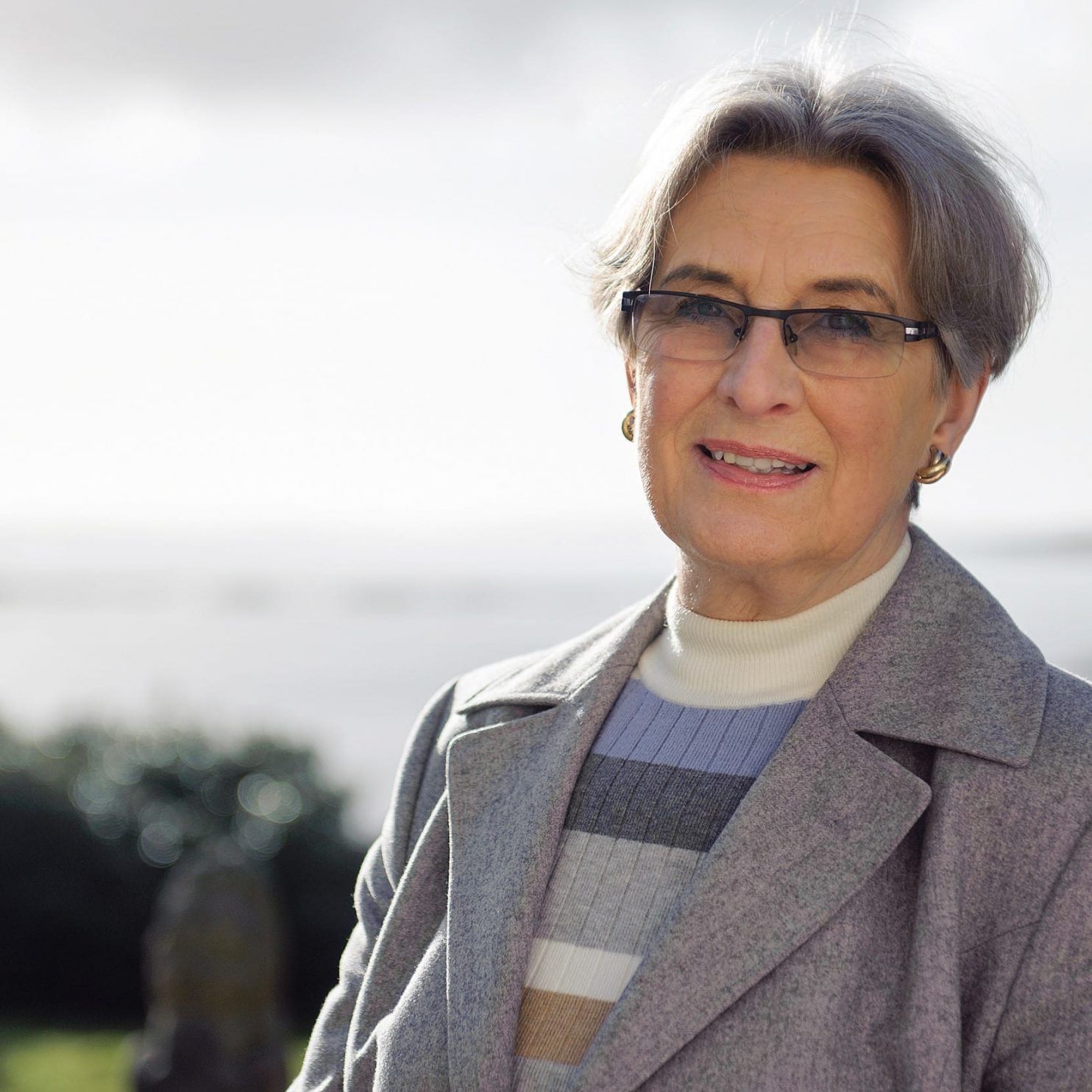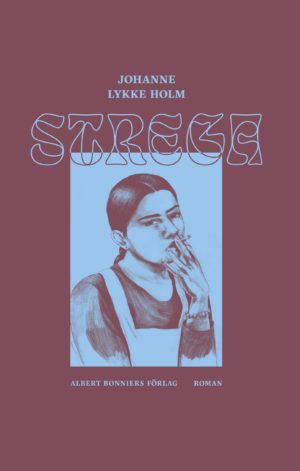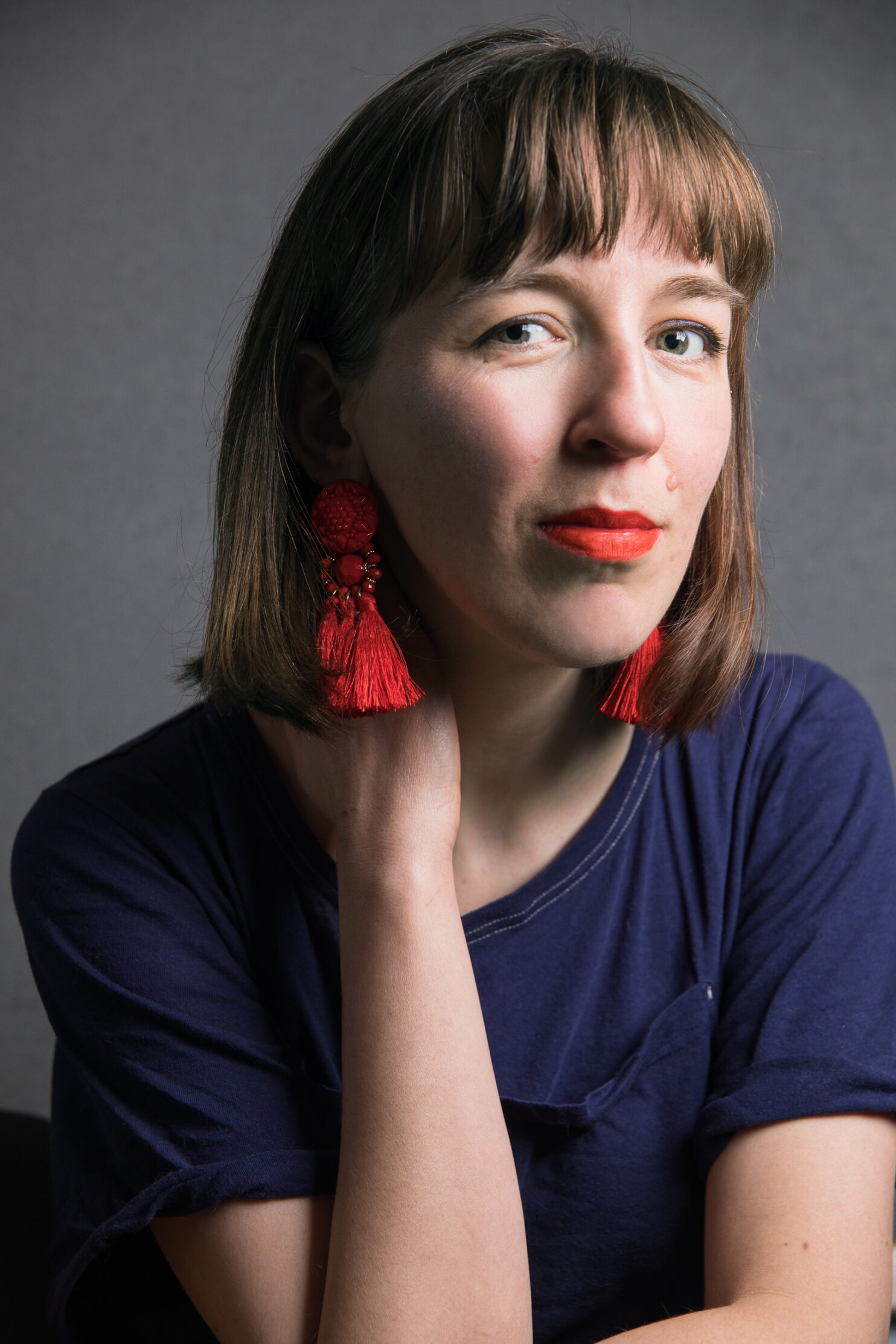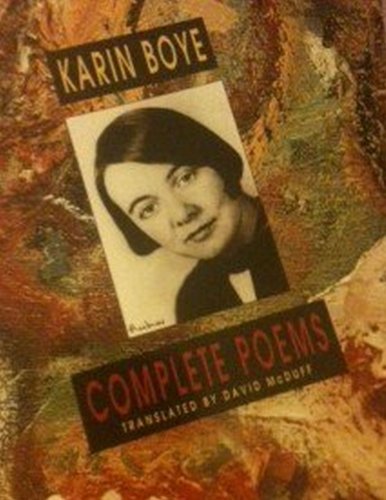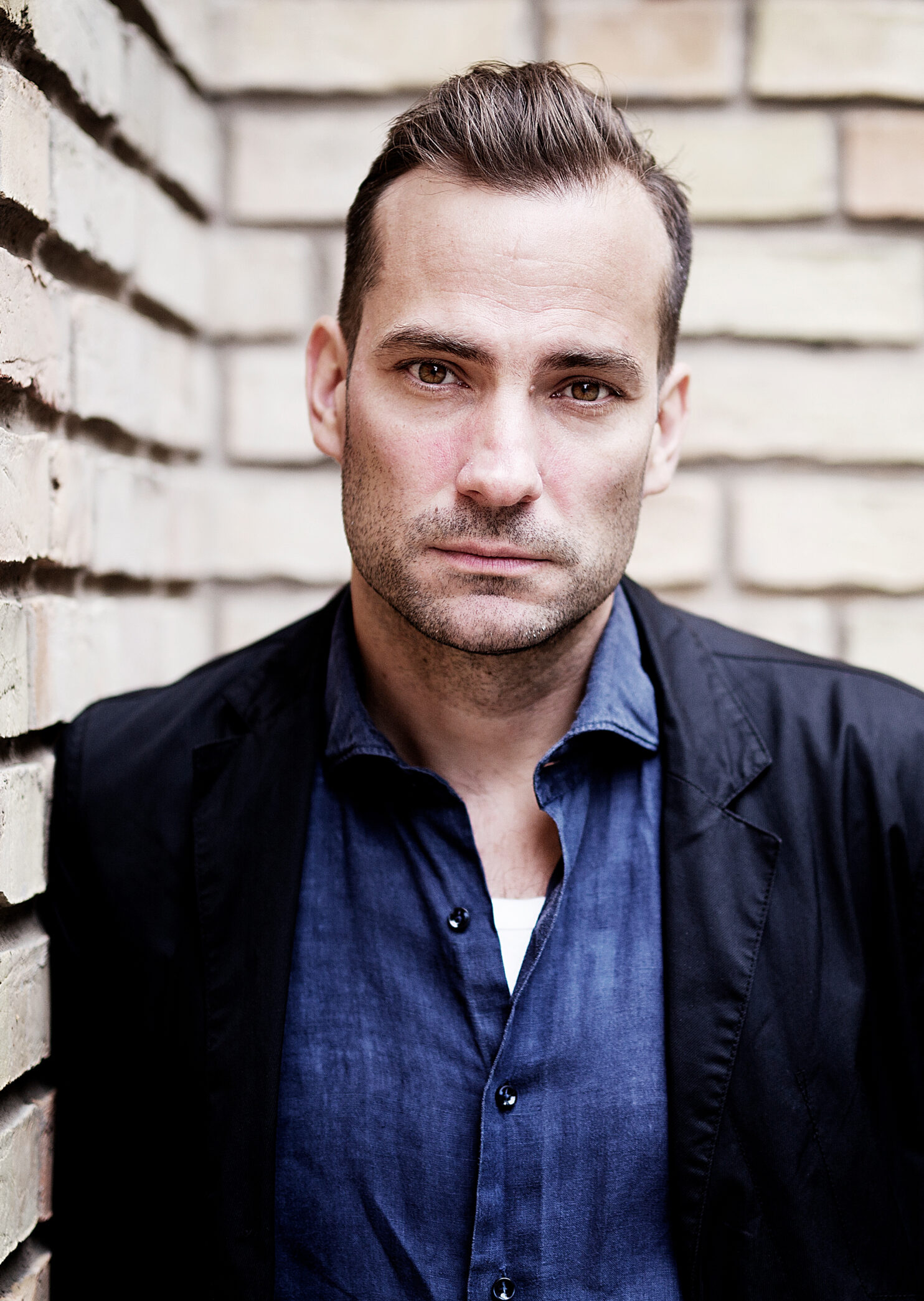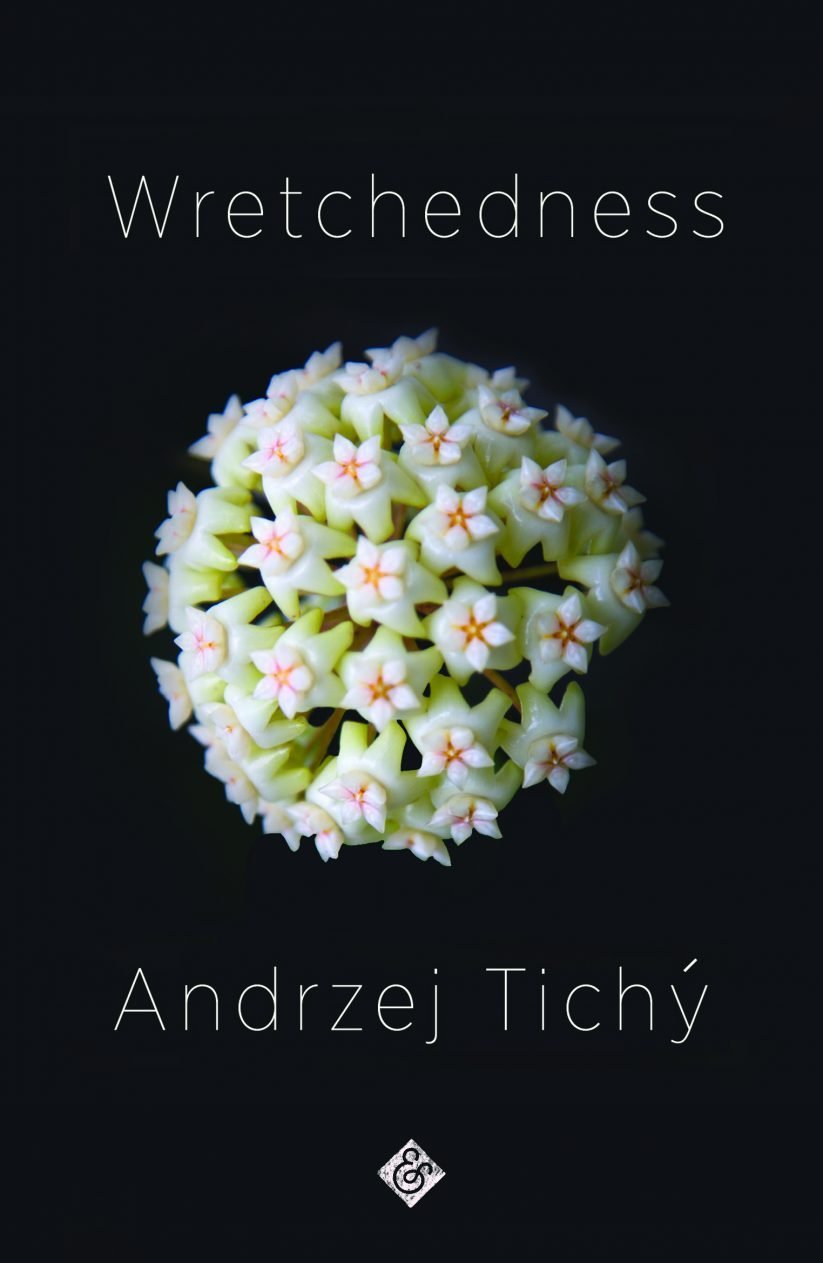In April 1982, the Swedish-English Literary Translators’ Association held its first Annual General Meeting. In November 2022, we will be meeting to celebrate our 40th anniversary. On the website we are celebrating by interviewing members – founding, longstanding and more recent – about their careers and what SELTA means to them. But first some history.
How it all began
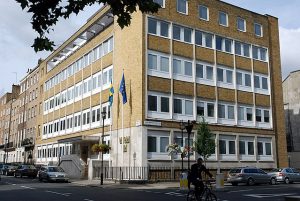 SELTA has always had close links with and support from the Swedish Embassy in London and the first impetus for bringing translators of Swedish together came from cultural attaché Ove Svensson who joined forces with the Swedish Institute and held a conference of translators and publishers at University College London in 1978. In 1981, the next cultural attaché Terry Carlbom arranged a translators’ conference at the University of Hull and in November the same year ran a seminar which led to the setting up of the Swedish-English Literary Translators’ Association the following morning. Original SELTA members who made that initial decision were Patricia Crampton, Tom Geddes, Mary Sandbach, Joan Tate and Laurie Thompson. Thomas Teal was also present but for practical reasons in a pre-internet age it was decided that the aim should be for US translators to form their own association and for the two organisations to work closely together. By the time of the first AGM in April 1982, SELTA had 9 full members and 3 associate members.
SELTA has always had close links with and support from the Swedish Embassy in London and the first impetus for bringing translators of Swedish together came from cultural attaché Ove Svensson who joined forces with the Swedish Institute and held a conference of translators and publishers at University College London in 1978. In 1981, the next cultural attaché Terry Carlbom arranged a translators’ conference at the University of Hull and in November the same year ran a seminar which led to the setting up of the Swedish-English Literary Translators’ Association the following morning. Original SELTA members who made that initial decision were Patricia Crampton, Tom Geddes, Mary Sandbach, Joan Tate and Laurie Thompson. Thomas Teal was also present but for practical reasons in a pre-internet age it was decided that the aim should be for US translators to form their own association and for the two organisations to work closely together. By the time of the first AGM in April 1982, SELTA had 9 full members and 3 associate members.
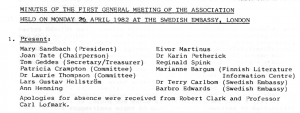
In Newsletter No. 3 in January 1983, the Secretary reported 36 members, 16 full members and 20 associates. Today, in autumn 2022, we have 82 members, 27 of whom are associates. In terms of fulfilling the aims of our predecessors, we’re not doing badly.
“The more members we have, the stronger the position we shall be in to influence publishers and cultural bodies, and the more we shall be able to do to spread awareness of Swedish literature, promote translation and provide information on current conditions and events in the field of Swedish-English translation.”
Newsletter No. 2 July 1982
Tom Geddes, founder member and long-term secretary/treasurer and also chair of SELTA, wrote SELTA the First 25 Years, covering SELTA’s history up to 2006, including such key events as the founding of the Bernard Shaw Prize for Swedish to English translation in 1991 and a description of SELTA’s book report scheme in which members wrote 434 (unpaid) one-page book reports between 1982 and 1996, 171 of them by Joan Tate. Reading the history, the report of the seminar in 1981 (available to members under Minutes on the Members’ pages) and the early minutes and newsletters provided by Tom, it is fascinating to see how some things have remained the same. Our Secretary no longer has to produce minutes and newsletters on a typewriter and put them in the post – in the accounts for 1983, £112.99 went on postage costs, which was slightly more than the £100 grant from the Anglo-Swedish Literary Foundation – but issues raised at the first seminar included the amount of payments under the Swedish state subsidy scheme for translations of Swedish literature published abroad, the need to ensure the translator was actually paid, and concerns from British publishers at having to pay about £1,500 for a 200 page foreign title with a maximum print run of only 2,000 copies.
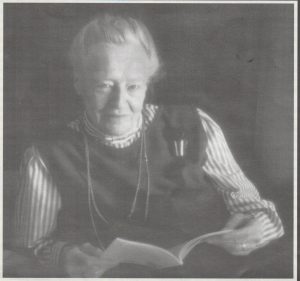
Joan Tate
On the bright side though, we are not currently “lamenting a decrease in the number of translations of literary works published from Swedish and other languages” as Joan Tate was in the early 1980s. At the time, hopes were placed in the rise of feminism as a potential market to be exploited. Nordic Noir was not yet on the horizon. “The continuing Stieg Larsson/Henning Mankell phenomenon” appears as item 9 on the agenda at the AGM in 2009.
Other things have changed. The arrival of the internet brought a website and an email group, giving members a useful channel for translation-related discussions. The first SELTA website was designed by Henning Koch in 2005 and was then managed by Peter Linton. The website was revamped in 2013 and gained a blog section, although getting members to write for it proved more of a challenge. We now have a Twitter account and this year members have been seen reading their translations on YouTube. The current website is the third iteration and went live in 2020 in parallel with a rebrand and a new logo. Instead of the Secretary keeping a record of members to send out to publishers looking for a translator, potential clients can now find us themselves and send a potential job to those of us who have opted in. Same aims, just a different way of achieving them.
Likewise, like the rest of the world, during the pandemic we got to grips with online meetings and ran webinars/online workshops and fikastunder to keep in touch remotely. The committee has since resolved to keep the AGM online to enable greater participation from our more far-flung members, especially in view of the vote at the 2020 AGM to open membership to translators in the US who meet the membership criteria.
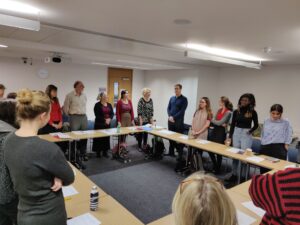 In 1981 it was expected that SELTA would hold at least one conference a year. We meet twice a year, once online, but instigated by Ruth Urbom, we also began to run workshops with invited Swedish authors from 2014. See our News pages for reports on these. The News pages also carry reports on members who have won awards, including the aforementioned Bernard Shaw Prize.
In 1981 it was expected that SELTA would hold at least one conference a year. We meet twice a year, once online, but instigated by Ruth Urbom, we also began to run workshops with invited Swedish authors from 2014. See our News pages for reports on these. The News pages also carry reports on members who have won awards, including the aforementioned Bernard Shaw Prize.
In 2013 a discussion paper was issued to members on the future of SELTA, exploring whether the association should be wound up and whether in fact there was a need to meet up in person at all. Those present at the 2013 Spring Meeting decided to carry on, as it was felt that exchanges with real people and fostering a sense of community were still important. In 2022, winding up SELTA seems unthinkable. We are alive and well and still going strong and it is that sense of community that comes through in the pieces by members in honour of our anniversary.
SELTA officers past and present
President: Mary Sandbach (1982–1990)
Chair: Joan Tate (1982–1986); Tom Geddes (1986–1991); Patricia Crampton (1992–1996); Eivor Martinus (1996–2011); Tom Geddes (2011); Anna Paterson (2011–2012); Ruth Urbom (2012–2018); Ian Giles (2018–
Secretary: Tom Geddes (1981–2006); Peter Linton (2006–2010); Martin Murrell (2010–2012); Deborah Bragan-Turner (2012–2015); Nicky Smalley (2015–2016); Saskia Vogel (2016–2020); Alice Olsson (2020–
Treasurer: Tom Geddes (1981–2004); Janet Cole (2005–2016); Ian Giles (2016–2018); Annie Prime (2018–
The current committee also comprises Kate Lambert as Webmaster and Alice Menzies as Minutes Secretary, both roles that first appear in the minutes in 2009. Many more members have served on the committee over the years in other roles or as committee members without portfolio and the introduction of a requirement that two committee members resign every two years, although they can then be re-elected, has resulted in higher committee turnover and brought in new blood.
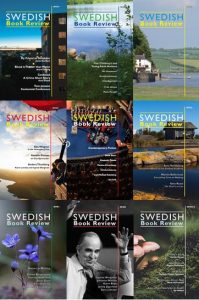 Swedish Book Review
Swedish Book Review
Our journal, Swedish Book Review has been part of SELTA’s efforts from the very start as this quote from 1983 shows:
“In more concrete terms, we have set in motion a number of projects which we hope will come to fruition in this coming year. The most exciting of these is the planned takeover of the journal Swedish Books under the editorship of Dr Laurie Thomspon and the control of an editorial board appointed by SELTA.”
SELTA Newsletter No. 3, 1983
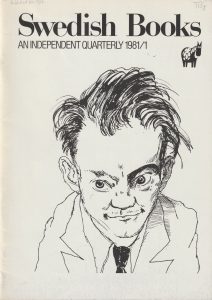
Laurie Thompson not only took over Swedish Books, which was offered to SELTA by its then editors, he edited Swedish Book Review (SBR) from 1983 until 2002. A separate Reviews editor was appointed in 1996 and there were assistant editors in the early 2000s as well as the editorial board. Swedish Book Review continues to showcase Swedish writers, provide independent book reviews of new Swedish books and offer an opportunity for translators to have shorter translated extracts published. Below, Deborah Bragen-Turner writes about the challenges SBR faced during her editorship and the changes recently made.
Swedish Book Review: the years of change
by Deborah Bragan-Turner
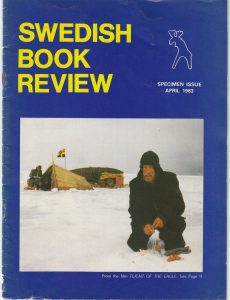 By 2015 Swedish Book Review had been thriving in print for 32 years under the inspired and attentive editorship of first Laurie Thompson and later Sarah Death. It continued very successfully to produce independent and impartial reviews and articles in English on recent Swedish books and authors, as well as highlighting older books. It continued to publish the work of established and emerging translators in extracts from an exciting variety of new books and classics. Subscribers continued to represent a very wide-ranging audience, from general readers, publishers and literary agents to academics and students.
By 2015 Swedish Book Review had been thriving in print for 32 years under the inspired and attentive editorship of first Laurie Thompson and later Sarah Death. It continued very successfully to produce independent and impartial reviews and articles in English on recent Swedish books and authors, as well as highlighting older books. It continued to publish the work of established and emerging translators in extracts from an exciting variety of new books and classics. Subscribers continued to represent a very wide-ranging audience, from general readers, publishers and literary agents to academics and students.
However, the situation for translated Swedish literature was changing significantly. With the proliferation of blogs and online journals there was an increasing diversity of ways to find information about new books. The SBR website, which had been created in 1999 by Intexta Web Services and had provided an excellent way of archiving the majority of our content, needed to be updated to keep up with new technology and new ideas. Not only this, but the question of overheads and financial support was a constant concern. As the costs of producing and circulating a printed journal continued to rise, so too did the pressure on our chief sources of funding. While for many the prospect of losing the printed journal was unwelcome, it was clear that for SBR to continue we had to reach a wider audience and generate income ourselves.
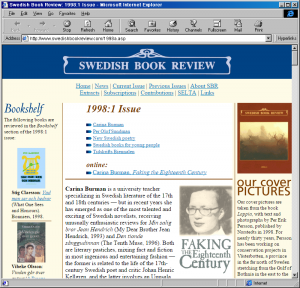 After seeking the views of SELTA members, SBR and our publisher Norvik Press submitted a successful application to the Swedish Arts Council in 2019 to fund a new website on which to publish SBR as an online journal. We considered a number of web developers and chose Big Mallet, the company we thought would be the best fit. Big Mallet specialises in charities and not-for-profit organisations and understood the importance of our text-based content and the need for simplicity and clear, attractive typography. They helped us devise a new business model for SBR and ways of raising funds as part of the new digital presence. As the design phase of the project began, so too did the first national lockdown. Our many discussions of the broad design concept and the detail were in the form of emails and video and once the design was agreed, Big Mallet began the work of building the site. In September 2020 members of the SBR team together with two colleagues from Norvik press attended a first Zoom training session on the content management system.
After seeking the views of SELTA members, SBR and our publisher Norvik Press submitted a successful application to the Swedish Arts Council in 2019 to fund a new website on which to publish SBR as an online journal. We considered a number of web developers and chose Big Mallet, the company we thought would be the best fit. Big Mallet specialises in charities and not-for-profit organisations and understood the importance of our text-based content and the need for simplicity and clear, attractive typography. They helped us devise a new business model for SBR and ways of raising funds as part of the new digital presence. As the design phase of the project began, so too did the first national lockdown. Our many discussions of the broad design concept and the detail were in the form of emails and video and once the design was agreed, Big Mallet began the work of building the site. In September 2020 members of the SBR team together with two colleagues from Norvik press attended a first Zoom training session on the content management system.
The aim was to upload not only the eagerly awaited new issue for 2020, but also the material from previous issues available on our old website. Much of the earlier content existed in a form not compatible with new technology and involved reformatting over a thousand different files. Once some of the initial difficulties with input methods had been ironed out by the infinitely patient Big Mallet technical team, we started to work backwards, uploading content from 2020, while they refined the site and finalised the search function. In the late autumn of 2020 the new website launched with a campaign on social media to a very favourable reaction. The new editor, Alex Fleming took over at the helm and has exploited the new system to fill subsequent issues with compelling content, finding innovative ways of engaging with our readers. Work is still going on populating the site with more back issues and increasing our subscriber base. In his interview for SBR in 2020, Tom Geddes, who until 2019 had been a member of the SBR editorial board for 36 years, said he hoped that Swedish Book Review’s new digital future would be “a turn in fortune [ . . .] and well in tune with the times.” While no-one underestimates the work still involved, early indications are very positive!
SBR editors past and present
Swedish Book Review Editor: Laurie Thompson (1983–2002); Sarah Death (2003-2015); Deborah Bragan-Turner (2015–2020); Alex Fleming (2020–
Assistant Editor: Sarah Death (2000–2002); Neil Smith (2003–2010)
Reviews Editor: Irene Scobbie (1996–2000); Sarah Death (2000–2003); Charlotte Whittingham (2003); Henning Koch (2004–2010), Anna Paterson (2010–2015); Fiona Graham (2015–2021); Darcy Hurford (2021–
*****
Now it’s over to our members to tell us about their membership of SELTA, their careers, the varied range of things they translate and how times have changed in the world of Swedish translation since SELTA was founded. Some of our founder members are sadly no longer with us but we have these interviews and tributes.
Joan Tate (1922–2000). A Tribute. SBR 2000:2.
Laurie Thompson (1938–2015). A Tribute from his friends and colleagues. SBR 2016:1. In Memoriam by Marlaine Delargy. SBR 2015:2
Patricia Crampton (1925–2016). Around the World in Sixty Years. SBR 2008:2
*****
Tom Geddes provided this in-depth interview to Deborah Bragan-Turner for SBR 2020:1-2
Eivor Martinus, joined SELTA in 1982
Ann Henning Jocelyn, joined SELTA in 1982
Linda Schenck, joined SELTA in the mid-1980s
Sarah Death, joined SELTA in the mid-1980s
Harry Watson, joined SELTA in the early 1990s
Julie Martin, joined SELTA in 2006
Ian Giles, joined SELTA in the 2010s
Annie Prime, joined SELTA in 2014
Kate Lambert, joined SELTA in 2014
SELTA at 40 by Kate Lambert
Acknowledgements:
Thank you to Tom Geddes for writing the original history of the first 25 years, on which I have drawn for this article, and for providing original minutes and archive material from his time as Secretary, Chair, Treasurer and everything else.
Thank you to Alex Fleming, editor of SBR for permission to use the articles originally published in SBR and for opening up the articles in SBR’s archive.
Thank you to Deborah Bragan-Turner, former editor of SBR, for her contribution on the recent changes to SBR and the cover and website images.
The Swedish embassy image is by Allen Watkin and the SBR website image is courtesy of Nigel Smith, Intexta Services.
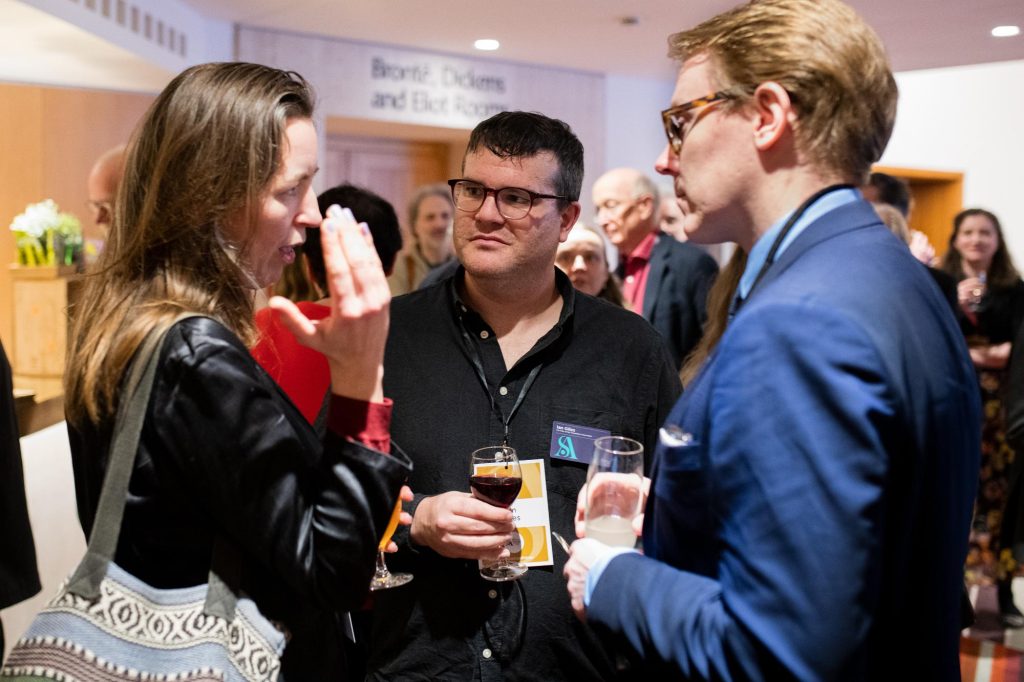

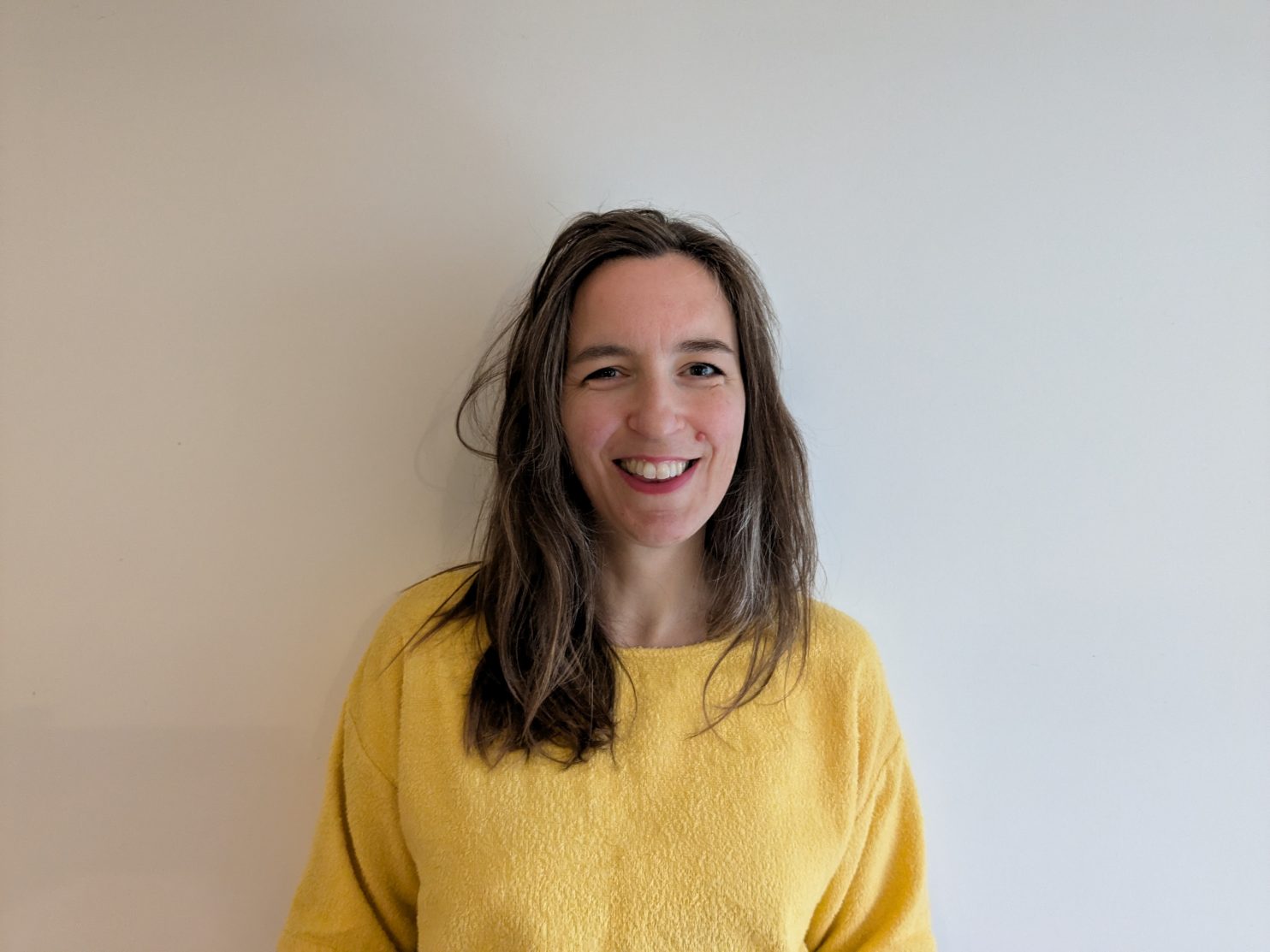
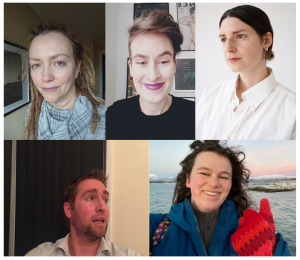
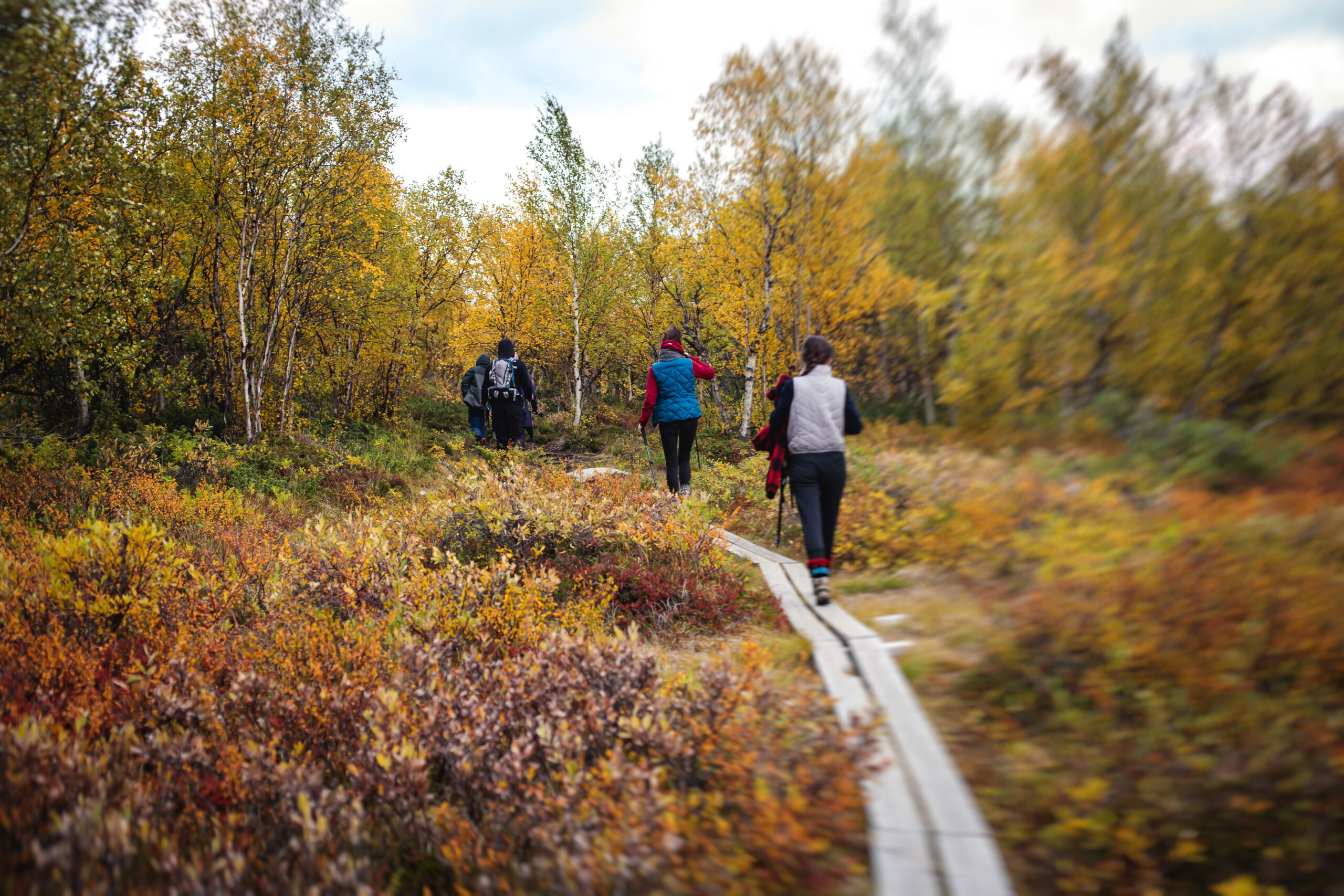

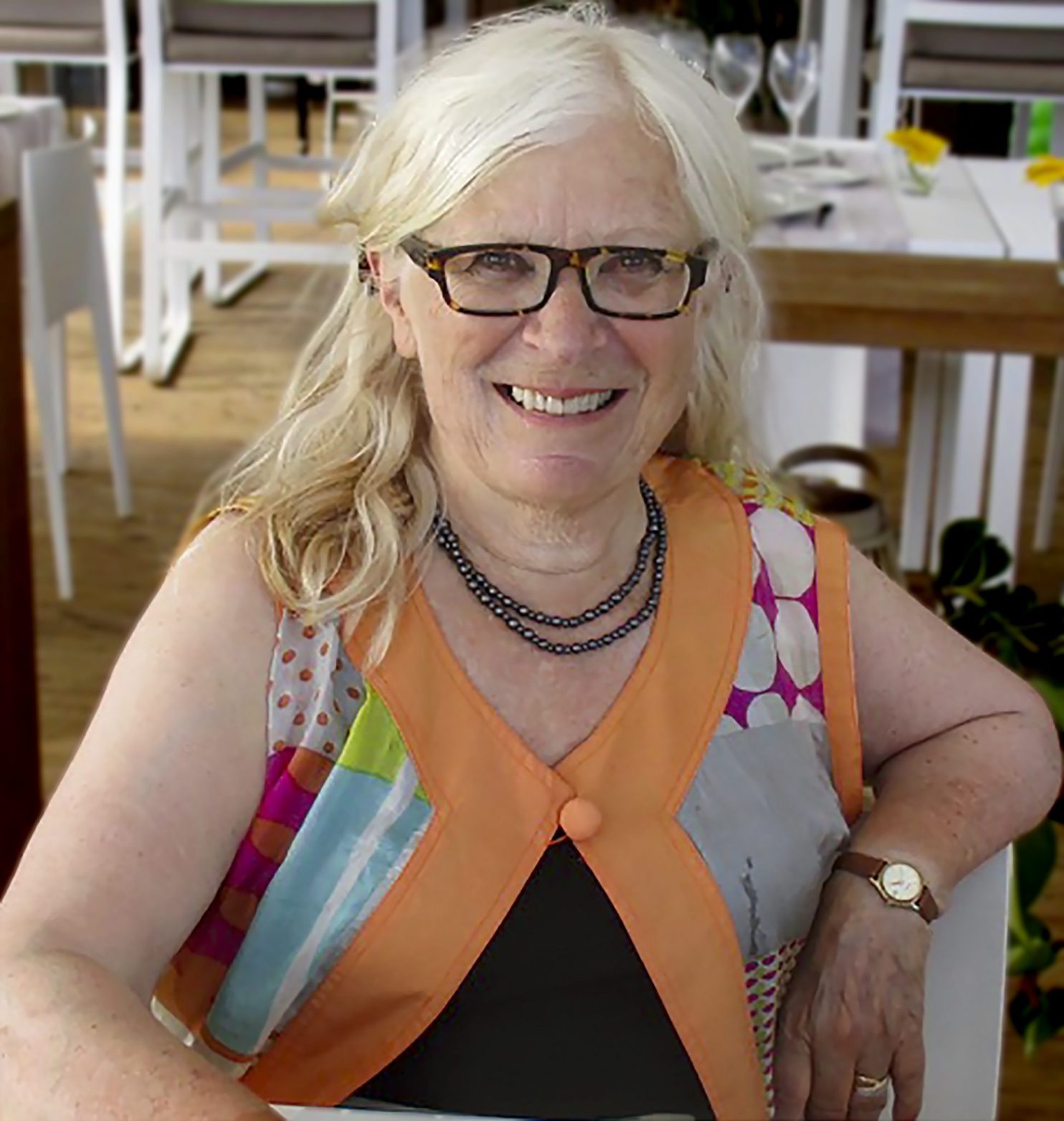

 I taught English in Finland for four years in the end, one in Rovaniemi and three in Mikkeli, and although it was the early 1990s, in the days before the internet, my experience was very similar to Harry Watson’s in Sweden 20 years earlier. My mother used to send me cassette tapes of The Archers and I used them for listening comprehension because I couldn’t get English materials otherwise. I also had to write an entertaining weekly column about Finland “Through Foreign Eyes” in the local paper. In the summers (they didn’t pay me for the summers) I came back to my parents’ farm and went to the library to look at careers guides to find out how you became a translator. I found that there was a Swedish translation MA at the University of Surrey and that I couldn’t get funding for it so I carried on teaching English to Finns until I had saved enough money to pay my fees and my living expenses.
I taught English in Finland for four years in the end, one in Rovaniemi and three in Mikkeli, and although it was the early 1990s, in the days before the internet, my experience was very similar to Harry Watson’s in Sweden 20 years earlier. My mother used to send me cassette tapes of The Archers and I used them for listening comprehension because I couldn’t get English materials otherwise. I also had to write an entertaining weekly column about Finland “Through Foreign Eyes” in the local paper. In the summers (they didn’t pay me for the summers) I came back to my parents’ farm and went to the library to look at careers guides to find out how you became a translator. I found that there was a Swedish translation MA at the University of Surrey and that I couldn’t get funding for it so I carried on teaching English to Finns until I had saved enough money to pay my fees and my living expenses. Ebba Witt-Brattström’s Love/War, a divorce novel told entirely in dialogue with loads of quotes to look up. Others that stand out are the biography of Albert Bonnier, which involved a lot of history research and a Finnish YA novel about Basque whalers murdered in Iceland in 1615 which involved a lot of history research. I also enjoy the work I’ve done for museums, including an exhibition about sunken ships that included lost letters from Catherine the Great to Voltaire, diagrams of historic Dutch sailing vessels and diving logs, and auction catalogues filled with Swedish art and design. I enjoy getting the right voice for each varied project. Like being an actor but for introverts. And I have realised that although I veered away from my history degree, I still really like historical research.
Ebba Witt-Brattström’s Love/War, a divorce novel told entirely in dialogue with loads of quotes to look up. Others that stand out are the biography of Albert Bonnier, which involved a lot of history research and a Finnish YA novel about Basque whalers murdered in Iceland in 1615 which involved a lot of history research. I also enjoy the work I’ve done for museums, including an exhibition about sunken ships that included lost letters from Catherine the Great to Voltaire, diagrams of historic Dutch sailing vessels and diving logs, and auction catalogues filled with Swedish art and design. I enjoy getting the right voice for each varied project. Like being an actor but for introverts. And I have realised that although I veered away from my history degree, I still really like historical research.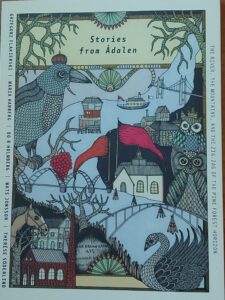 Originally (see above) I wanted to be a literary translator. In the 1990s I met a friend who worked in publishing and asked how you got to translate books. The answer was a) “Find a rich husband” and b) “Wait for Joan Tate to die”. This sounded a) depressing and b) callous so I kept going on my non-literary translation career. I definitely got the impression in the 1990s that literary translation was a closed shop that I had no hope of getting into. I concentrated on making my translation work as creative as possible, which included non-fiction books on tourism and architecture and marketing and advertising alongside the paper mills and EU and government reports. I like reports on interesting things. Although I have now translated published fiction, I like the mix of translation career I’ve got and the fact that it is never dull. And my publishing friend had a point in that it would have been impossible to survive as the main/single family breadwinner on literary translation alone. I earn a decent living from the mix I’ve got.
Originally (see above) I wanted to be a literary translator. In the 1990s I met a friend who worked in publishing and asked how you got to translate books. The answer was a) “Find a rich husband” and b) “Wait for Joan Tate to die”. This sounded a) depressing and b) callous so I kept going on my non-literary translation career. I definitely got the impression in the 1990s that literary translation was a closed shop that I had no hope of getting into. I concentrated on making my translation work as creative as possible, which included non-fiction books on tourism and architecture and marketing and advertising alongside the paper mills and EU and government reports. I like reports on interesting things. Although I have now translated published fiction, I like the mix of translation career I’ve got and the fact that it is never dull. And my publishing friend had a point in that it would have been impossible to survive as the main/single family breadwinner on literary translation alone. I earn a decent living from the mix I’ve got.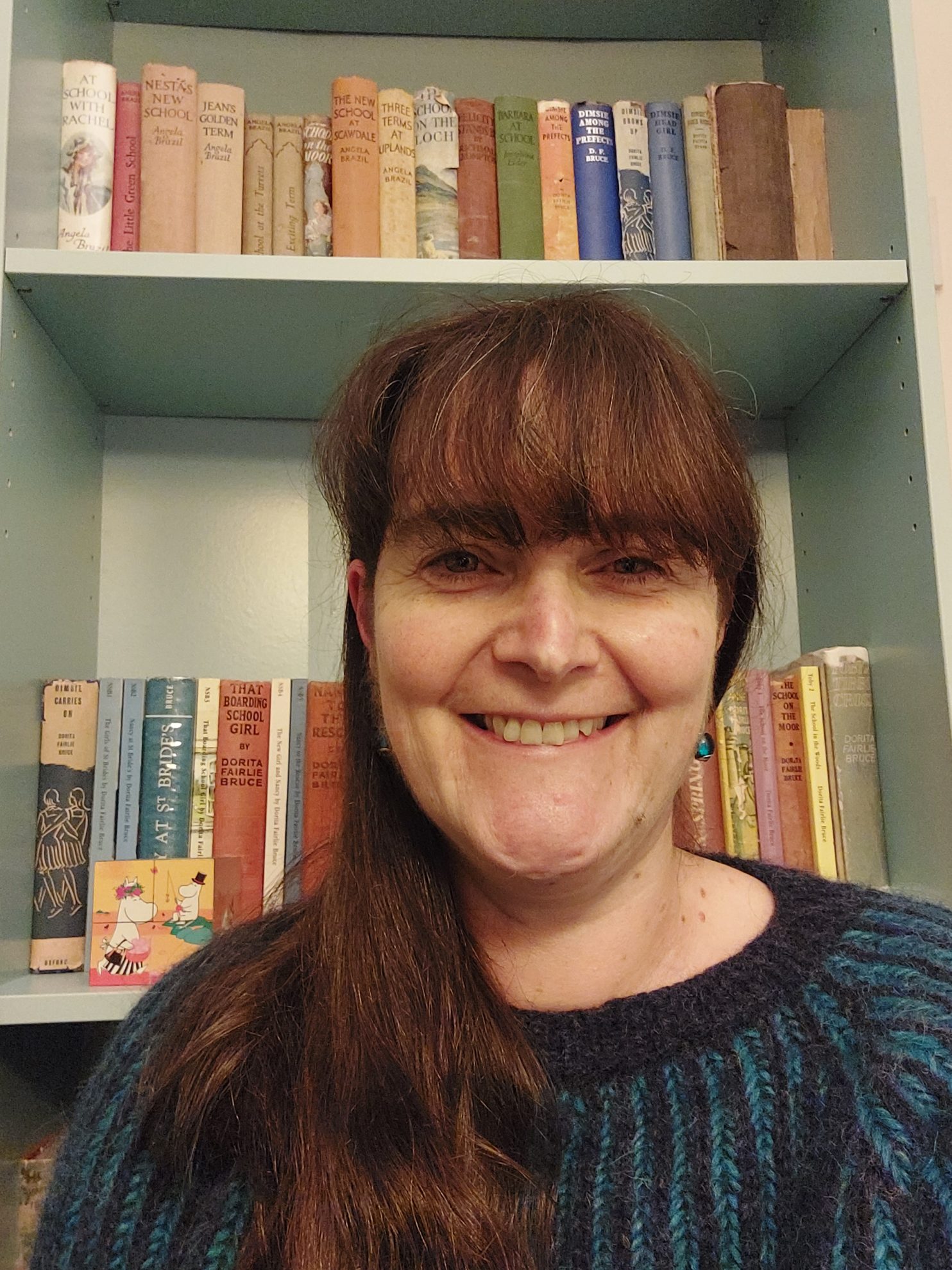
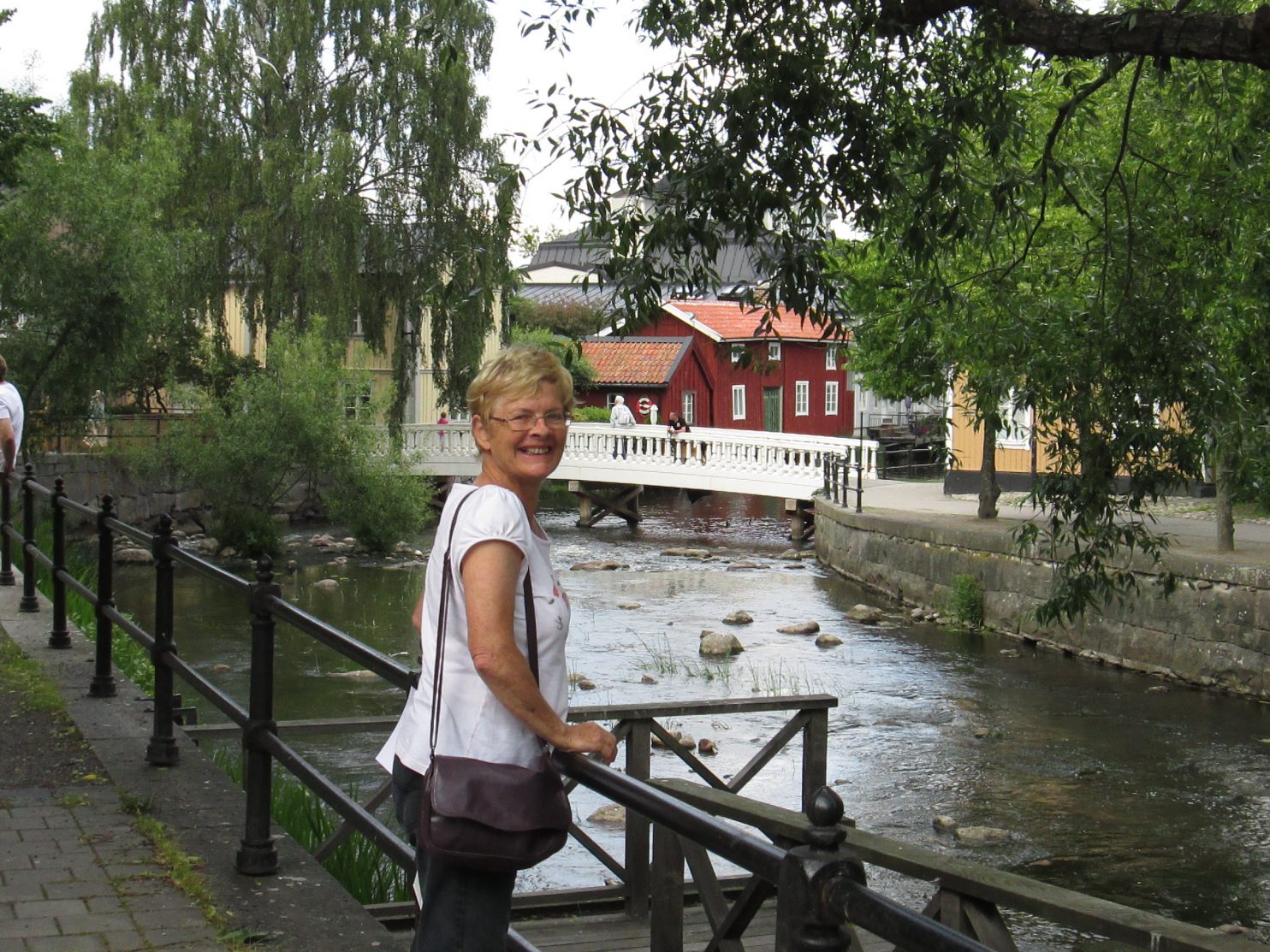
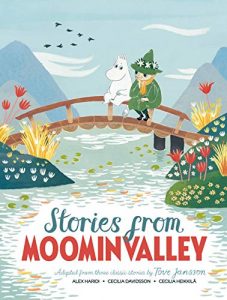 When did you join SELTA?
When did you join SELTA?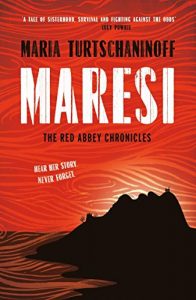 As an avid scholastic linguist, I did a BA in Modern Languages at Manchester University, but seeing as Swedish wasn’t available I focused instead on French, Russian and Spanish. When I came to study a Masters in Translation at UCL, Swedish was offered and I finally got the chance to study the language formally at the age of 25. The experience of solidifying a partially native language after many years of informal practice was satisfying indeed.
As an avid scholastic linguist, I did a BA in Modern Languages at Manchester University, but seeing as Swedish wasn’t available I focused instead on French, Russian and Spanish. When I came to study a Masters in Translation at UCL, Swedish was offered and I finally got the chance to study the language formally at the age of 25. The experience of solidifying a partially native language after many years of informal practice was satisfying indeed.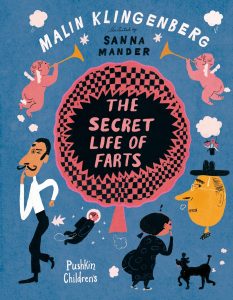
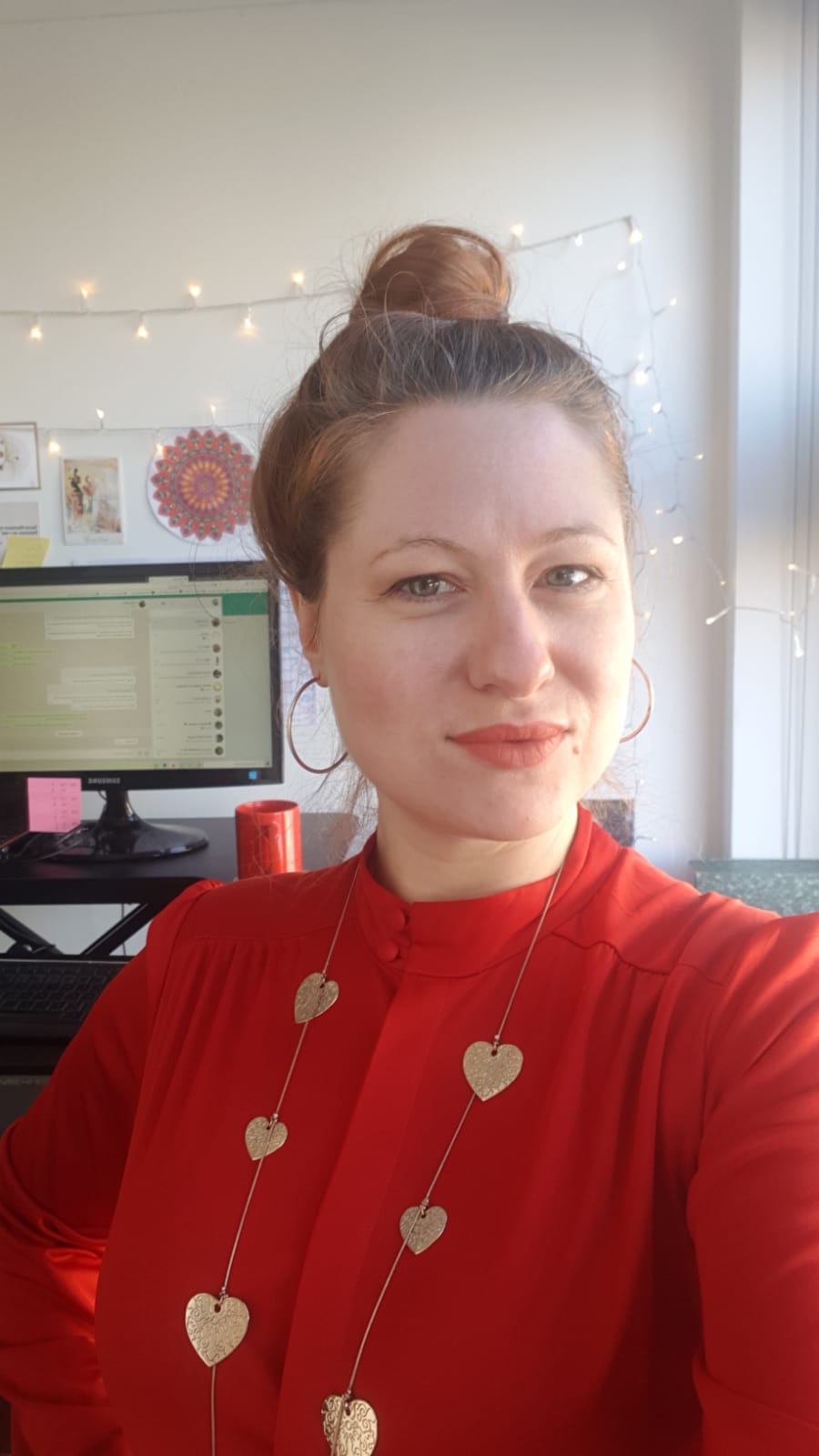
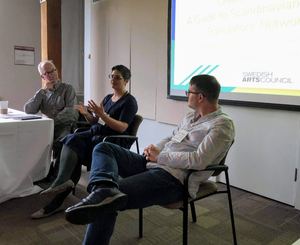 I think SELTA has arranged a number of great events for its members in my time on the committee – both in person and virtually. I particularly enjoyed our workshop held in Edinburgh in 2019, which was the first time in many years that SELTA gathered outside of London.
I think SELTA has arranged a number of great events for its members in my time on the committee – both in person and virtually. I particularly enjoyed our workshop held in Edinburgh in 2019, which was the first time in many years that SELTA gathered outside of London.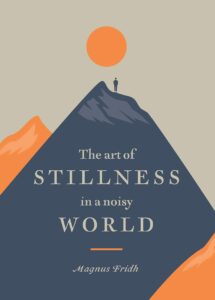 What would you say you specialise in?
What would you say you specialise in?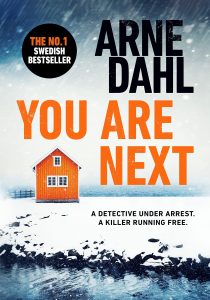 When I started out, I had owned a computer for many years, the internet was well-established, I’d been on Facebook for years, and Swedish was already enjoying a golden age in English translation. In some respects, what we’re accustomed to now. On the literary front, I’d say the practical/technical changes are visible in the rise of agents, book streaming and audiobook platforms, shorter deadlines… In terms of what surprises me – I’m pleasantly surprised that Swedish remains a strong source language for English-language publishing. I increasingly hope that this is a trend that here is to stay rather than a flash in the pan. Another change that has somewhat surprised me is the rise of the public profile of The Translator via campaigns such as #namethetranslator and translators on the cover, as well as the emergence of emerging translators. I love the bigger and more diversified pool of people working as translators, although it also calls into question the sustainability of literary translation as a profession. In very general terms, I think publishing (and by extension literary translators) has never been under as much pressure from rising costs and inflation as it is today.
When I started out, I had owned a computer for many years, the internet was well-established, I’d been on Facebook for years, and Swedish was already enjoying a golden age in English translation. In some respects, what we’re accustomed to now. On the literary front, I’d say the practical/technical changes are visible in the rise of agents, book streaming and audiobook platforms, shorter deadlines… In terms of what surprises me – I’m pleasantly surprised that Swedish remains a strong source language for English-language publishing. I increasingly hope that this is a trend that here is to stay rather than a flash in the pan. Another change that has somewhat surprised me is the rise of the public profile of The Translator via campaigns such as #namethetranslator and translators on the cover, as well as the emergence of emerging translators. I love the bigger and more diversified pool of people working as translators, although it also calls into question the sustainability of literary translation as a profession. In very general terms, I think publishing (and by extension literary translators) has never been under as much pressure from rising costs and inflation as it is today.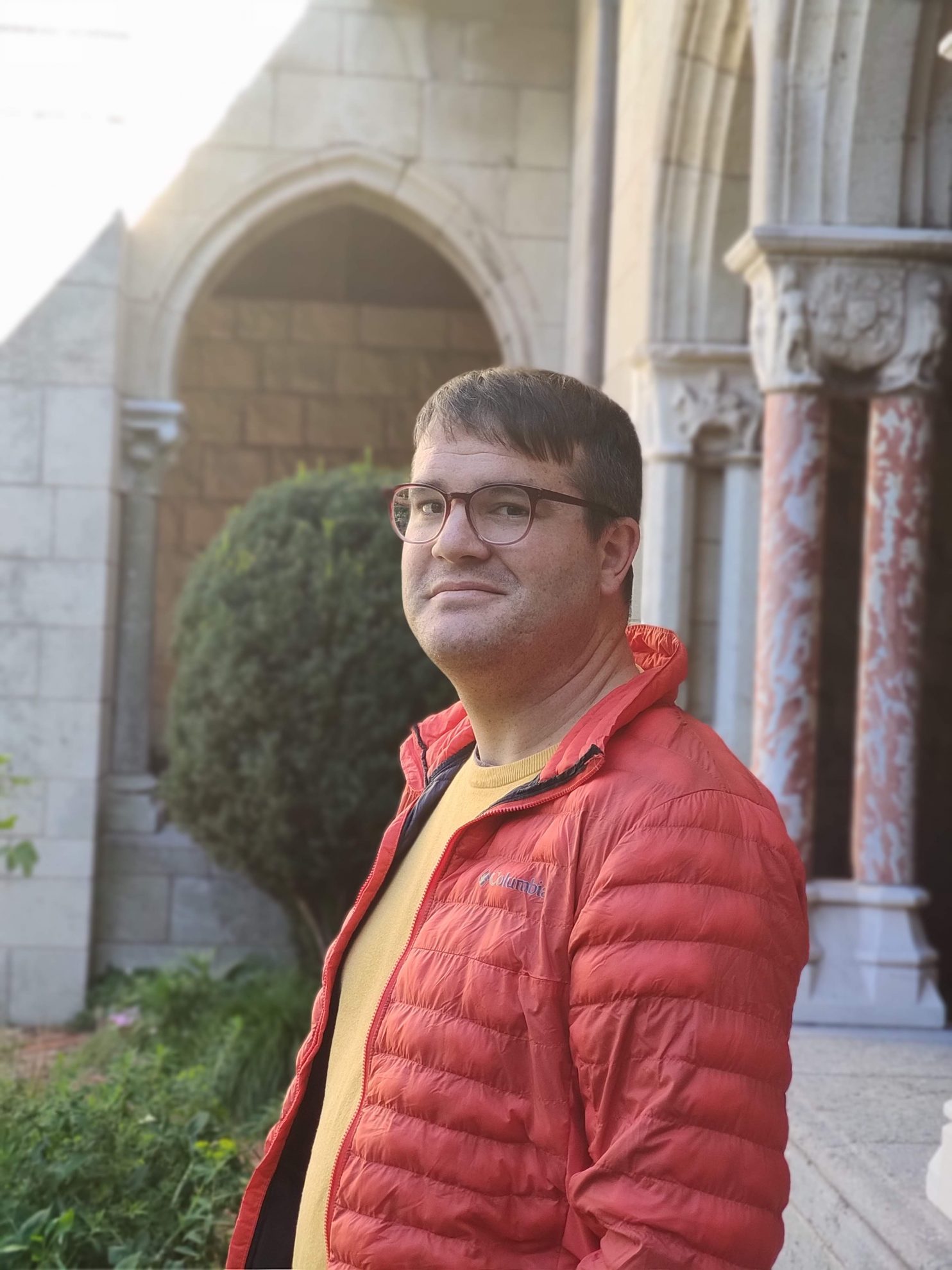
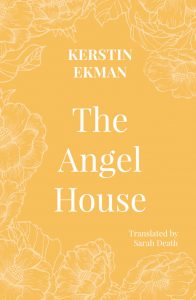 I joined SELTA a few years after its inception. Those were pre-Internet times and it was much harder to get hold of relevant information. Meetings made me feel like a tongue-tied newbie, but I appreciated the updates and visiting speakers, as well as the sense of community. The bi-annual newsletters were full of useful tips and briefings and the occasional embassy invitation to cultural and literary events felt like the icing on the cake. Established members would offer advice and occasionally pass on small jobs they could not fit into their schedules. Taken as a whole, these things helped to keep me ‘in the fold’ and gave me the impetus to go on translating even when getting a proper foot in the professional door continued to seem a distant prospect.
I joined SELTA a few years after its inception. Those were pre-Internet times and it was much harder to get hold of relevant information. Meetings made me feel like a tongue-tied newbie, but I appreciated the updates and visiting speakers, as well as the sense of community. The bi-annual newsletters were full of useful tips and briefings and the occasional embassy invitation to cultural and literary events felt like the icing on the cake. Established members would offer advice and occasionally pass on small jobs they could not fit into their schedules. Taken as a whole, these things helped to keep me ‘in the fold’ and gave me the impetus to go on translating even when getting a proper foot in the professional door continued to seem a distant prospect.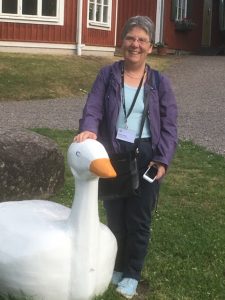 Did your career trajectory change? Is it different now compared with what you expected at the start?
Did your career trajectory change? Is it different now compared with what you expected at the start? I enjoyed my time as the reviews editor, deputy editor and later main editor of Swedish Book Review. Those were gigs that only very rarely brought in extra translation commissions for me personally, but they offered the chance to be at the hub of a network and be good touch with a range of translator colleagues and other contributors. Learning to be a good listener was at the heart of it. too; when you work with volunteers, keeping them on side is a vital part of the role. I felt rather like a cross between an agony aunt and a spider in the middle of an international web.
I enjoyed my time as the reviews editor, deputy editor and later main editor of Swedish Book Review. Those were gigs that only very rarely brought in extra translation commissions for me personally, but they offered the chance to be at the hub of a network and be good touch with a range of translator colleagues and other contributors. Learning to be a good listener was at the heart of it. too; when you work with volunteers, keeping them on side is a vital part of the role. I felt rather like a cross between an agony aunt and a spider in the middle of an international web.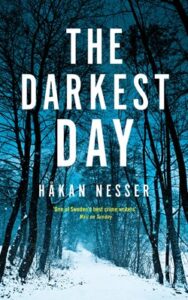 The world of translation today is a rather different one from the one when I first joined. A frankly rather niche translator group like SELTA is always going to be a slightly uneasy mix of mutual support and subterranean competitiveness. In those earlier days there was comparatively little work to be had but there is a great deal more work around now, for various reasons including the ubiquity of translation samples, the establishment and fast growth of the agent culture in the Nordic countries, and the explosion of interest in Scandi crime fiction and Nordic Noir.
The world of translation today is a rather different one from the one when I first joined. A frankly rather niche translator group like SELTA is always going to be a slightly uneasy mix of mutual support and subterranean competitiveness. In those earlier days there was comparatively little work to be had but there is a great deal more work around now, for various reasons including the ubiquity of translation samples, the establishment and fast growth of the agent culture in the Nordic countries, and the explosion of interest in Scandi crime fiction and Nordic Noir.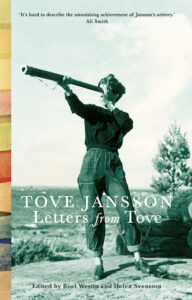 Hand-in-hand with this there has been a very welcome expansion of options to help and inspire emerging translators, be they informal online forums and social media groups, formal mentorships, or anything in between. Among crucial drivers I would include the Translators’ Association’s widening professional development programme and the birth of the Emerging Translators’ Network. ‘Literary’ translators in many genres have come to enjoy greater visibility in the world of books and publishing and the general mood is noticeably more collegial.
Hand-in-hand with this there has been a very welcome expansion of options to help and inspire emerging translators, be they informal online forums and social media groups, formal mentorships, or anything in between. Among crucial drivers I would include the Translators’ Association’s widening professional development programme and the birth of the Emerging Translators’ Network. ‘Literary’ translators in many genres have come to enjoy greater visibility in the world of books and publishing and the general mood is noticeably more collegial.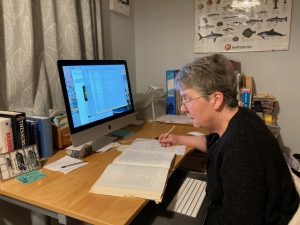
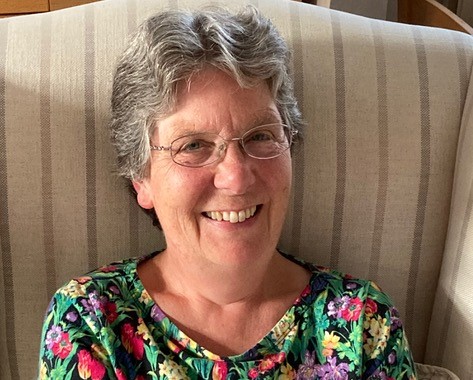
 SELTA has always had close links with and support from the Swedish Embassy in London and the first impetus for bringing translators of Swedish together came from cultural attaché Ove Svensson who joined forces with the Swedish Institute and held a conference of translators and publishers at University College London in 1978. In 1981, the next cultural attaché Terry Carlbom arranged a translators’ conference at the University of Hull and in November the same year ran a seminar which led to the setting up of the Swedish-English Literary Translators’ Association the following morning. Original SELTA members who made that initial decision were Patricia Crampton, Tom Geddes, Mary Sandbach, Joan Tate and Laurie Thompson. Thomas Teal was also present but for practical reasons in a pre-internet age it was decided that the aim should be for US translators to form their own association and for the two organisations to work closely together. By the time of the first AGM in April 1982, SELTA had 9 full members and 3 associate members.
SELTA has always had close links with and support from the Swedish Embassy in London and the first impetus for bringing translators of Swedish together came from cultural attaché Ove Svensson who joined forces with the Swedish Institute and held a conference of translators and publishers at University College London in 1978. In 1981, the next cultural attaché Terry Carlbom arranged a translators’ conference at the University of Hull and in November the same year ran a seminar which led to the setting up of the Swedish-English Literary Translators’ Association the following morning. Original SELTA members who made that initial decision were Patricia Crampton, Tom Geddes, Mary Sandbach, Joan Tate and Laurie Thompson. Thomas Teal was also present but for practical reasons in a pre-internet age it was decided that the aim should be for US translators to form their own association and for the two organisations to work closely together. By the time of the first AGM in April 1982, SELTA had 9 full members and 3 associate members.

 In 1981 it was expected that SELTA would hold at least one conference a year. We meet twice a year, once online, but instigated by Ruth Urbom, we also began to run
In 1981 it was expected that SELTA would hold at least one conference a year. We meet twice a year, once online, but instigated by Ruth Urbom, we also began to run  Swedish Book Review
Swedish Book Review
 By 2015 Swedish Book Review had been thriving in print for 32 years under the inspired and attentive editorship of first Laurie Thompson and later Sarah Death. It continued very successfully to produce independent and impartial reviews and articles in English on recent Swedish books and authors, as well as highlighting older books. It continued to publish the work of established and emerging translators in extracts from an exciting variety of new books and classics. Subscribers continued to represent a very wide-ranging audience, from general readers, publishers and literary agents to academics and students.
By 2015 Swedish Book Review had been thriving in print for 32 years under the inspired and attentive editorship of first Laurie Thompson and later Sarah Death. It continued very successfully to produce independent and impartial reviews and articles in English on recent Swedish books and authors, as well as highlighting older books. It continued to publish the work of established and emerging translators in extracts from an exciting variety of new books and classics. Subscribers continued to represent a very wide-ranging audience, from general readers, publishers and literary agents to academics and students. After seeking the views of SELTA members, SBR and our publisher Norvik Press submitted a successful application to the Swedish Arts Council in 2019 to fund a new website on which to publish SBR as an online journal. We considered a number of web developers and chose Big Mallet, the company we thought would be the best fit. Big Mallet specialises in charities and not-for-profit organisations and understood the importance of our text-based content and the need for simplicity and clear, attractive typography. They helped us devise a new business model for SBR and ways of raising funds as part of the new digital presence. As the design phase of the project began, so too did the first national lockdown. Our many discussions of the broad design concept and the detail were in the form of emails and video and once the design was agreed, Big Mallet began the work of building the site. In September 2020 members of the SBR team together with two colleagues from Norvik press attended a first Zoom training session on the content management system.
After seeking the views of SELTA members, SBR and our publisher Norvik Press submitted a successful application to the Swedish Arts Council in 2019 to fund a new website on which to publish SBR as an online journal. We considered a number of web developers and chose Big Mallet, the company we thought would be the best fit. Big Mallet specialises in charities and not-for-profit organisations and understood the importance of our text-based content and the need for simplicity and clear, attractive typography. They helped us devise a new business model for SBR and ways of raising funds as part of the new digital presence. As the design phase of the project began, so too did the first national lockdown. Our many discussions of the broad design concept and the detail were in the form of emails and video and once the design was agreed, Big Mallet began the work of building the site. In September 2020 members of the SBR team together with two colleagues from Norvik press attended a first Zoom training session on the content management system.
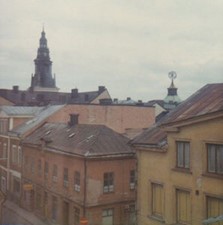 A few words about the life of an EFL teacher in Sweden in the far-off days of Olof Palme and Gunnar Sträng (the long-serving finance minister) might be of interest to SELTA members who have followed a more academic route into literary translation. Adult education organisations proliferated in Sweden, some of them affiliated to a particular political party. The Folk University was an exception in that regard, and prided itself on employing only teacher-trained native speakers as teachers of English. Each year between seventy and eighty teachers were recruited from all over the UK on one-year contracts which could be renewed for a further year (a longer stay incurred problems with the tax authorities!).
A few words about the life of an EFL teacher in Sweden in the far-off days of Olof Palme and Gunnar Sträng (the long-serving finance minister) might be of interest to SELTA members who have followed a more academic route into literary translation. Adult education organisations proliferated in Sweden, some of them affiliated to a particular political party. The Folk University was an exception in that regard, and prided itself on employing only teacher-trained native speakers as teachers of English. Each year between seventy and eighty teachers were recruited from all over the UK on one-year contracts which could be renewed for a further year (a longer stay incurred problems with the tax authorities!).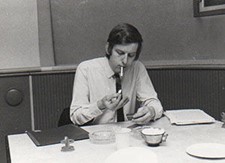 But my favours were spread more widely than that, with weekly visits to the neighbouring towns of Finspång (adult evening classes) and Mjölby (admirable gymnasium or high-school pupils staying on for me after the end of the school day). My occasional chauffeur to Finspång (I was and am a non-driver) was an Austrian teacher of German and French who freelanced as a part-time gamekeeper for local aristocrat Grev Douglas (a Swedish count of Scottish descent) and many a trip to Finspång saw us diverting into the local forest so that Norman could check his mink-traps. I took the Malmö train the few miles down to Mjölby and kept up to date with the news from Skåne by browsing discarded copies of Sydsvenska Dagbladet.
But my favours were spread more widely than that, with weekly visits to the neighbouring towns of Finspång (adult evening classes) and Mjölby (admirable gymnasium or high-school pupils staying on for me after the end of the school day). My occasional chauffeur to Finspång (I was and am a non-driver) was an Austrian teacher of German and French who freelanced as a part-time gamekeeper for local aristocrat Grev Douglas (a Swedish count of Scottish descent) and many a trip to Finspång saw us diverting into the local forest so that Norman could check his mink-traps. I took the Malmö train the few miles down to Mjölby and kept up to date with the news from Skåne by browsing discarded copies of Sydsvenska Dagbladet.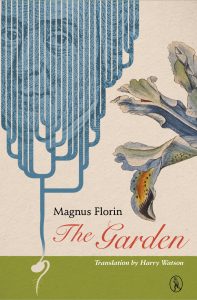 More recent translations include a biography of the Nobel family and their contribution to the industrialisation of Russia, in which Bloomsbury have expressed an interest, and a biography of J.G. Andersson, a Swedish explorer and geologist who was recruited by the new Republican government in China in 1914 to prospect for mines. In the event, Andersson developed an interest in archaeology and anthropology and ended up helping the Chinese to rewrite their prehistory. This translation still awaits a publisher.
More recent translations include a biography of the Nobel family and their contribution to the industrialisation of Russia, in which Bloomsbury have expressed an interest, and a biography of J.G. Andersson, a Swedish explorer and geologist who was recruited by the new Republican government in China in 1914 to prospect for mines. In the event, Andersson developed an interest in archaeology and anthropology and ended up helping the Chinese to rewrite their prehistory. This translation still awaits a publisher.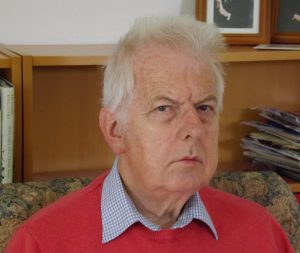
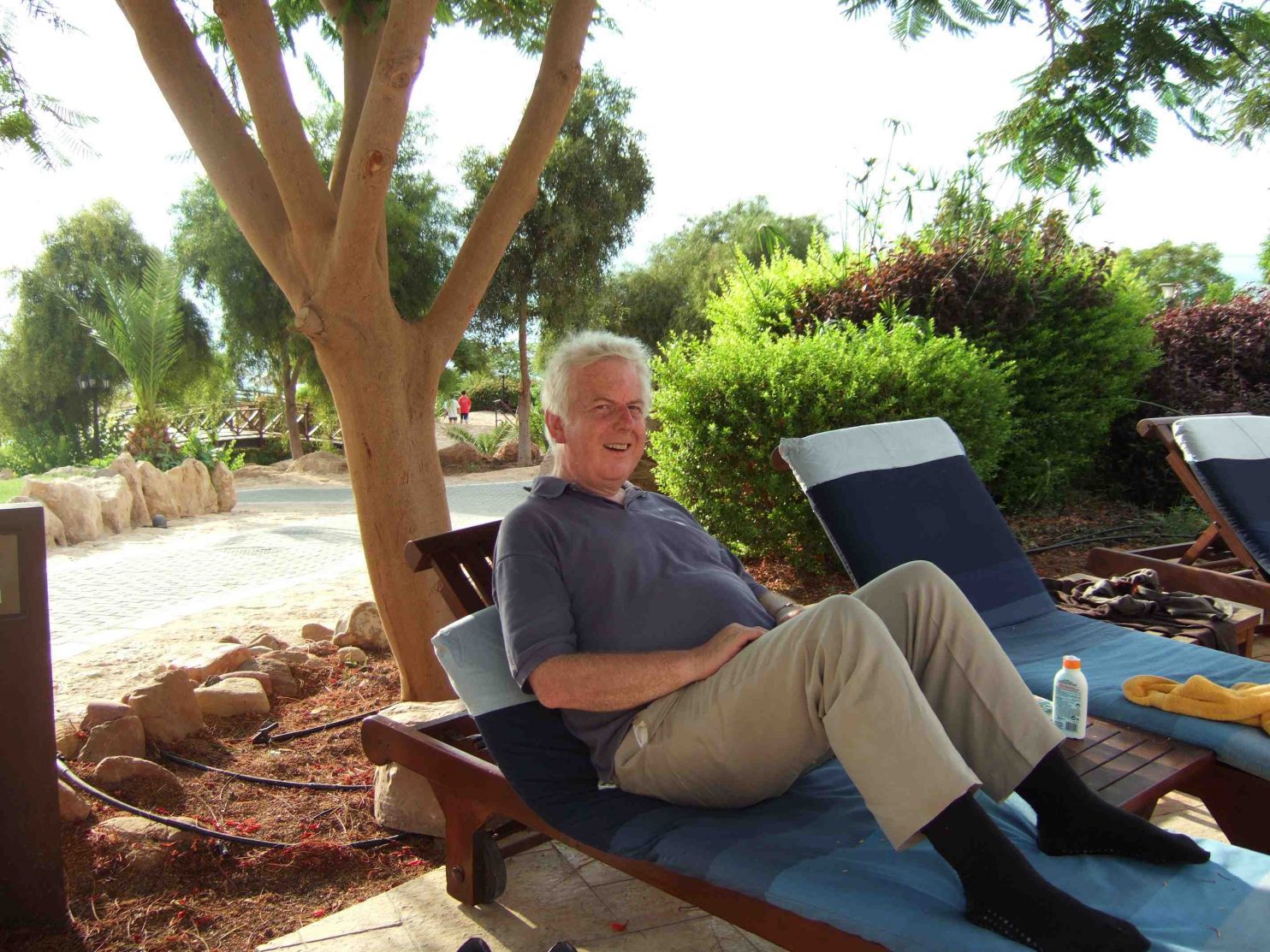
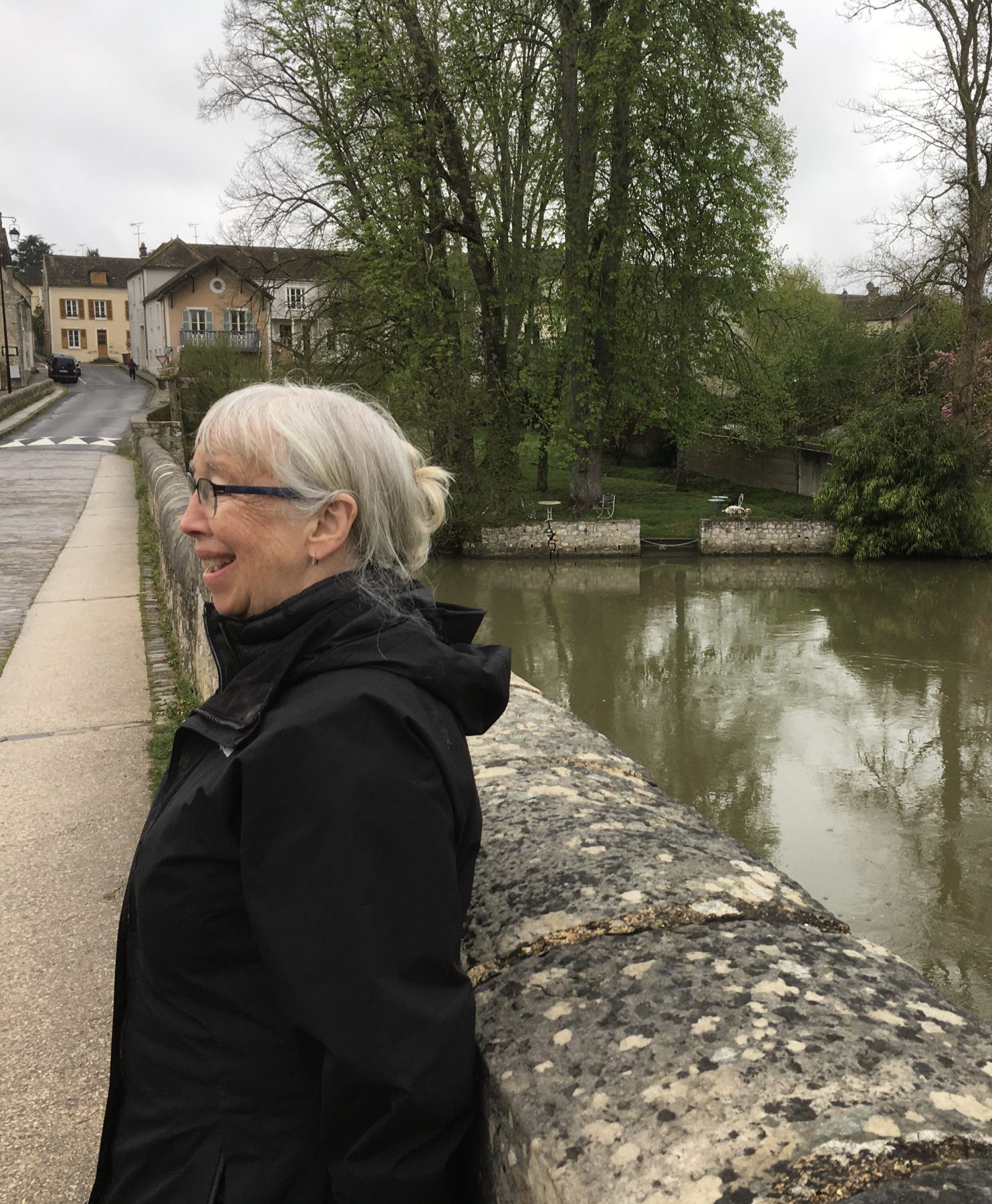
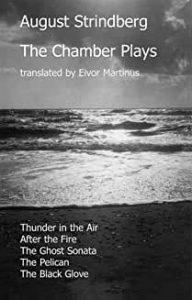 From an early age I had one foot in each country and my degree in English (specialising in Literature before 1800) and Litteraturvetenskap at Gothenburg University, which included World Literature, turned out a very good choice for my future career. I was broadly educated in Sweden but moved to this country before I was twenty, finishing my degree here.
From an early age I had one foot in each country and my degree in English (specialising in Literature before 1800) and Litteraturvetenskap at Gothenburg University, which included World Literature, turned out a very good choice for my future career. I was broadly educated in Sweden but moved to this country before I was twenty, finishing my degree here.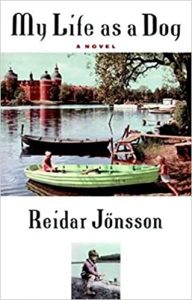 In Sweden I worked on English classics in my Swedish translations for various theatres: The Shoemaker’s Holiday by Thomas Dekker, The Ragged Trousered Philanthropists by Stephen Lowe and Mad Forest by Carol Churchill.
In Sweden I worked on English classics in my Swedish translations for various theatres: The Shoemaker’s Holiday by Thomas Dekker, The Ragged Trousered Philanthropists by Stephen Lowe and Mad Forest by Carol Churchill.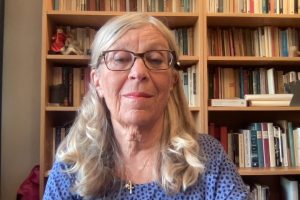
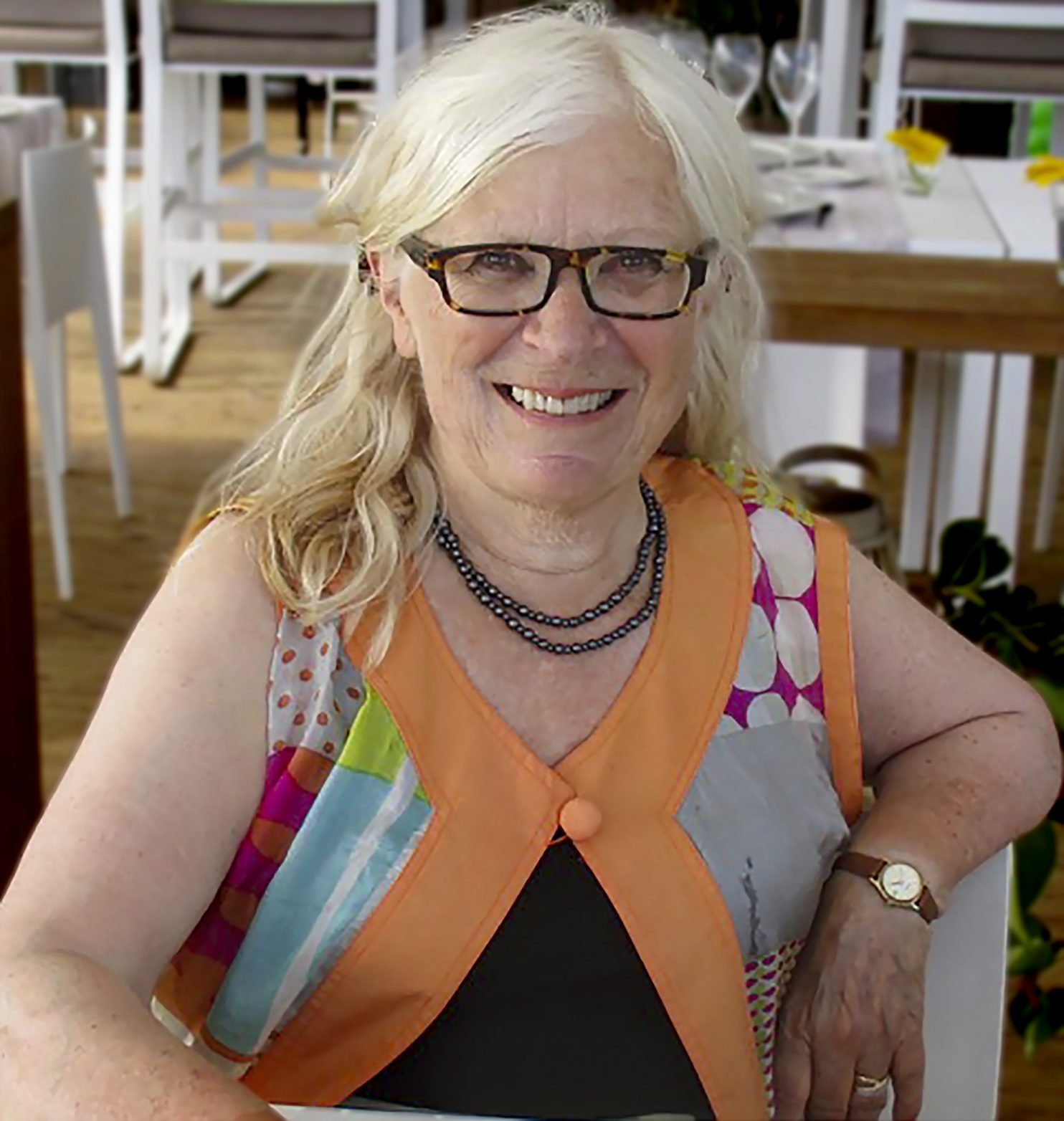
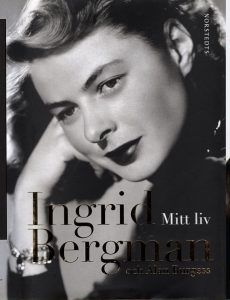 In 1979, I was approached by Norstedts. Ingrid Bergman was writing her autobiography and needed someone based in London to help with research and translation, both English and Swedish, acting as a bridge between herself and ghost writer Alan Burgess. First of all, she wanted me to do a sample for her to examine. She rang up very early one morning to tell me I was unable to spell. I was shocked, but drew breath when she told me that my one mistake had been to spell Rossellini with only one “l”. Otherwise, she was delighted with my work and wished to meet me. This was the beginning of many months of delightful collaboration, including much editing, as her first husband, Aron Petter Lindström, kept objecting to her descriptions of him and threatened to sue us all unless the passages were totally rewritten. This led to some controversy over my fee, as Norstedts were only prepared to pay as per my contract for text delivered, notwithstanding months of extra work I had been made to put in. It took an intervention by Ingrid before I was paid a reasonable fee for the additional work. It taught me never to take on unscheduled work without first agreeing a fee for it.
In 1979, I was approached by Norstedts. Ingrid Bergman was writing her autobiography and needed someone based in London to help with research and translation, both English and Swedish, acting as a bridge between herself and ghost writer Alan Burgess. First of all, she wanted me to do a sample for her to examine. She rang up very early one morning to tell me I was unable to spell. I was shocked, but drew breath when she told me that my one mistake had been to spell Rossellini with only one “l”. Otherwise, she was delighted with my work and wished to meet me. This was the beginning of many months of delightful collaboration, including much editing, as her first husband, Aron Petter Lindström, kept objecting to her descriptions of him and threatened to sue us all unless the passages were totally rewritten. This led to some controversy over my fee, as Norstedts were only prepared to pay as per my contract for text delivered, notwithstanding months of extra work I had been made to put in. It took an intervention by Ingrid before I was paid a reasonable fee for the additional work. It taught me never to take on unscheduled work without first agreeing a fee for it. In spite of valiant effort by the members of SELTA, working on a voluntary basis writing reviews and doing sample translations for Swedish Books, published regularly and distributed to publishers, there were still very few books being accepted for translation, so I went on working into Swedish as well. In addition to Ruth Rendell, I worked with some leading English authors, including Kazuo Ishiguro, whose crystal-clear language was a pure pleasure to work with.
In spite of valiant effort by the members of SELTA, working on a voluntary basis writing reviews and doing sample translations for Swedish Books, published regularly and distributed to publishers, there were still very few books being accepted for translation, so I went on working into Swedish as well. In addition to Ruth Rendell, I worked with some leading English authors, including Kazuo Ishiguro, whose crystal-clear language was a pure pleasure to work with.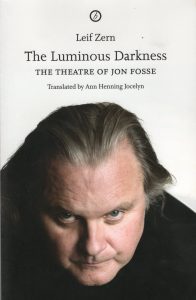 Looking at the literary market, it has gone through a complete transformation since SELTA was formed, adding one Swedish mega-bestseller to another. Just how much credit goes to the indefatigable efforts by SELTA members over the decades is of course impossible to assess, but for a founding member it is a joy to note that we have come such a long way in these 40 years. Today no self-respecting British publisher would dream of repeating the line we heard ad nauseam: that “Swedish books don’t sell.” Even so, it is fortunate that we have publishers like Norvik and Quercus prepared to take risks and publish books not only based on commercial potential but also on quality.
Looking at the literary market, it has gone through a complete transformation since SELTA was formed, adding one Swedish mega-bestseller to another. Just how much credit goes to the indefatigable efforts by SELTA members over the decades is of course impossible to assess, but for a founding member it is a joy to note that we have come such a long way in these 40 years. Today no self-respecting British publisher would dream of repeating the line we heard ad nauseam: that “Swedish books don’t sell.” Even so, it is fortunate that we have publishers like Norvik and Quercus prepared to take risks and publish books not only based on commercial potential but also on quality.